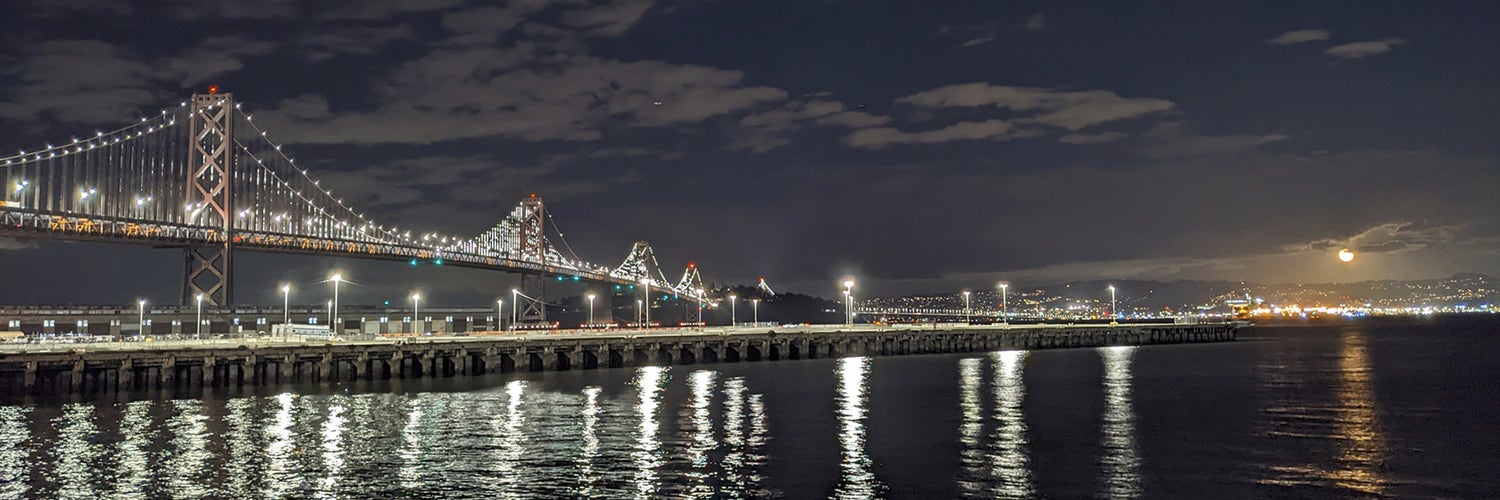


A prieto colorado from a former Indian Republic, but in SF a while. Vegan and lifelong vegetarian. Often kicking it with @luna 🐕🐾 along the Embarcadero.
Opinions expressed are my own, but they could be yours too.
This profile is from a federated server and may be incomplete. Browse more on the original instance.